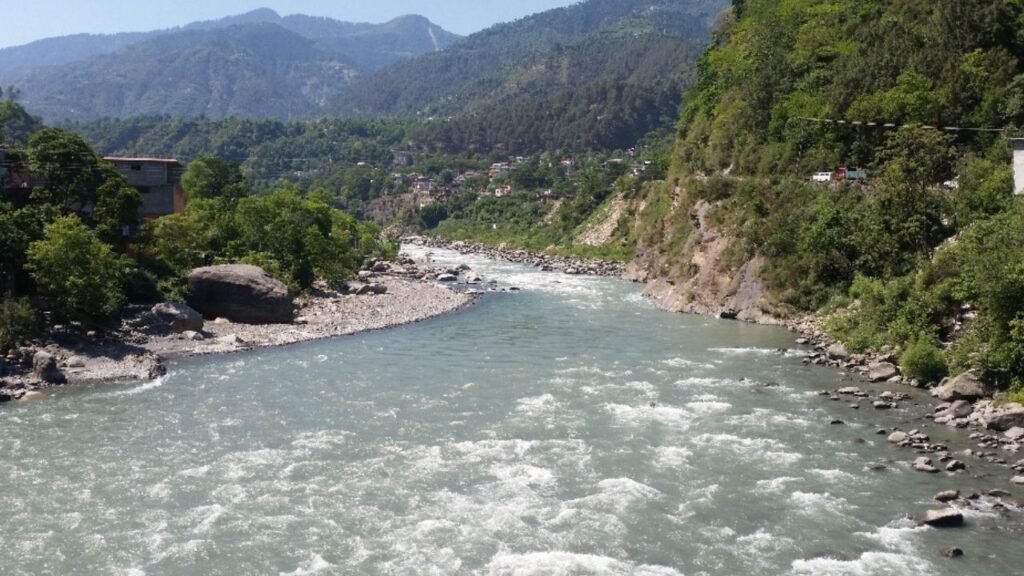India has recently taken a strategic step in water management by completing the Shahpur Kandi Dam on the Ravi River. This move has significant implications for the Ravi water flow to Pakistan and holds great significance for the regions of Jammu & Kashmir and Punjab. Under the Indus Water Treaty signed in 1960, India has exclusive rights to the waters of the Ravi, Sutlej, and Beas rivers, while Pakistan has control over the Indus, Jhelum, and Chenab rivers. The completion of the Shahpur Kandi Dam allows India to make full use of the water resources from the Ravi River.
Challenges Faced in Shahpur Kandi Dam Project
The Shahpur Kandi Dam project has faced numerous challenges and delays over the years. The project was first ideated in 1979 with the aim of building the Ranjit Sagar Dam on the Ravi River and a second dam at Shahpur Kandi in Punjab’s Gurdaspur district. Former Prime Minister PV Narasimha Rao laid the foundation stone for the project in 1995.
However, disputes between the governments of Jammu and Kashmir and Punjab led to its suspension and prolonged delays.
In 2018, the central government intervened and declared the project a national project. An agreement was signed between the governments of Punjab and Jammu and Kashmir to resume work on the Shahpur Kandi Dam. Despite facing setbacks and disputes, the project has now been completed after several years.
Indus Waters Treaty: Implications and Grievances
The Indus Waters Treaty signed in 1960 has been a source of both cooperation and contention between India and Pakistan. The treaty grants India exclusive rights to the waters of the Ravi, Sutlej, and Beas rivers, while Pakistan has control over the Indus, Jhelum, and Chenab rivers.
However, one of India’s major grievances has been the restriction on building storage systems on the western rivers, including the Ravi.
India argues that the treaty hinders its ability to utilize the water resources effectively. The completion of the Shahpur Kandi Dam allows India to overcome this limitation and utilize the water from the Ravi River for agricultural and economic growth in Jammu & Kashmir and Punjab. It also enables better utilization of water resources at the Madhopur barrage.
In January last year, India issued a notice to Pakistan for the modification of the Indus Waters Treaty, as Pakistan had refused to discuss and resolve the issue of India’s Kishenganga and Ratle Hydro Electric Projects. India has consistently expressed its concerns regarding the restrictions imposed on storage systems and the obstruction of its hydroelectric projects.
In conclusion, India’s recent completion of the Shahpur Kandi Dam marks a significant milestone in water management and has stopped the flow of water from the Ravi River to Pakistan. This move holds great importance for the regions of Jammu & Kashmir and Punjab, as it allows for the utilization of water resources for irrigation and hydropower generation. However, it also highlights the ongoing grievances and challenges posed by the Indus Waters Treaty. India’s notice for modification signifies its commitment to address these issues and ensure fair utilization of water resources in the region.


